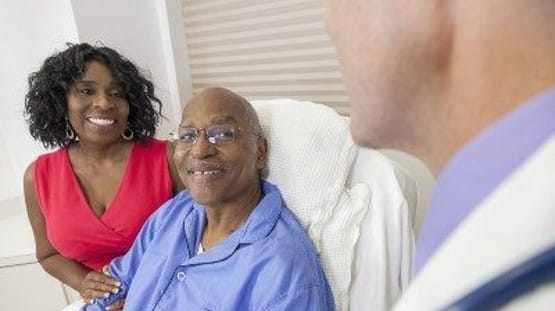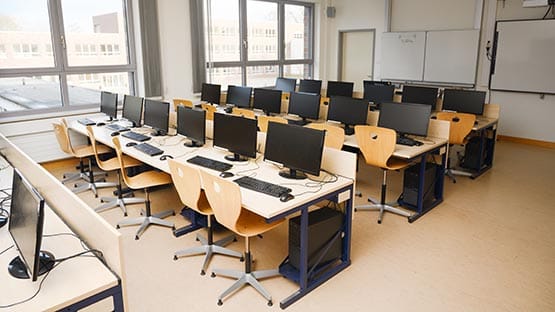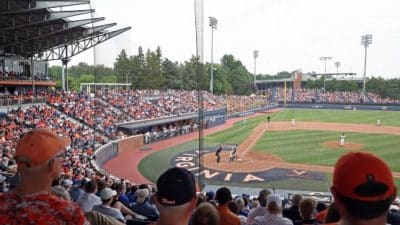
Researchers at UVA Cancer Center have identified two alternative subtypes of acute myeloid leukemia, and developed a new way to identify high-risk patients.
The identification may one day lead to more tailored treatments and improved patient outcomes.
Acute myeloid leukemia (AML) is one of the most common leukemias, or blood cancers, in adults. AML starts in the blood-forming cells in the bone marrow and often spreads to the bloodstream. Until now, doctors have relied on analyzing patients’ genes and chromosomes to determine who may be at highest risk, but the limitations of that approach have made researchers eager to develop better ways to “stratify” patients and tailor treatments to their needs.
The UVA researchers found that they could measure specific “bioactive molecules” in cancer cells and identify patients at risk of poor outcomes.
“By examining lipid profiles, we may be able to predict how patients will respond to standard treatments in clinic,” said researcher Dr. B. Bishal Paudel of UVA Cancer Center and the UVA’s Department of Biomedical Engineering. “This could lead to new biomarkers in AML that go beyond genomic features that are currently considered.”
The research team used machine learning to analyze bioactive molecules known as “sphingolipids” in cancer cells. The molecules are thought to play critical roles in the development of AML and in determining its ability to resist treatment. They found that by measuring the lipids, they could classify AML into two subtypes. Patients in the high-risk subtype had twice the risk of treatment failure as patients in the other subtype.
“Lipids are more difficult to measure than genes, but this study suggests it is worth the effort,” researcher Dr. Kevin A. Janes of UVA Cancer Center, the UVA Department of Biomedical Engineering and the School of Medicine’s Department of Biochemistry and Molecular Genetics, said. “By using the data to learn the relationship between genes and sphingolipid subtype, we showed how subtypes could be accurately inferred in many more patients than we measured directly.”
Patients in the high-risk subtype may be spared from intensive chemotherapy regimens that are unlikely to work against their AML, the researchers said. Doctors could direct them toward clinical trials of emerging treatments that may work better. Eventually, the researchers believe they may be able to develop ways to target sphingolipids to improve patient outcomes. The scientists would, in essence, try to alter the sphingolipids in high-risk patients to become more like the low-risk AML subtype, and could make the cancer easier to treat and reduce the chances of treatment failure.
“More research needs to be done to confirm our findings, but we believe this lipid-based subtyping could lead to tailored treatments to AML patients,” researcher Dr. Thomas P. Loughran Jr., director of UVA Cancer Center, one of the project’s principal investigators, along with scientists from institutions including Eastern Carolina University, Penn State and Memorial Sloan Kettering, said. “We’re currently in an exciting phase of studying how lipids affect blood cancers, as we’re about to start a clinical trial using ceramide nanoliposomes for AML.”
Finding new and better ways to improve cancer care is a core mission of UVA Cancer Center, one of only 54 cancer centers in the country designated as a comprehensive cancer center by the National Cancer Institute. The designation recognizes elite cancer centers with the most outstanding cancer treatment and research programs in the nation.
The researchers have published their findings in the scientific journal Blood Advances. The work was supported by the National Institutes of Health and its National Cancer Institute, a UVA Robert R. Wagner Fellowship and the Edward P. Evans Foundation.
UVA’s Department of Biomedical Engineering is a joint program of the School of Medicine and School of Engineering and Applied Science.










